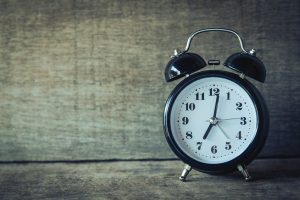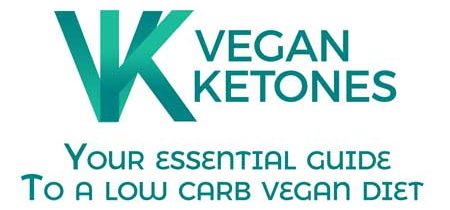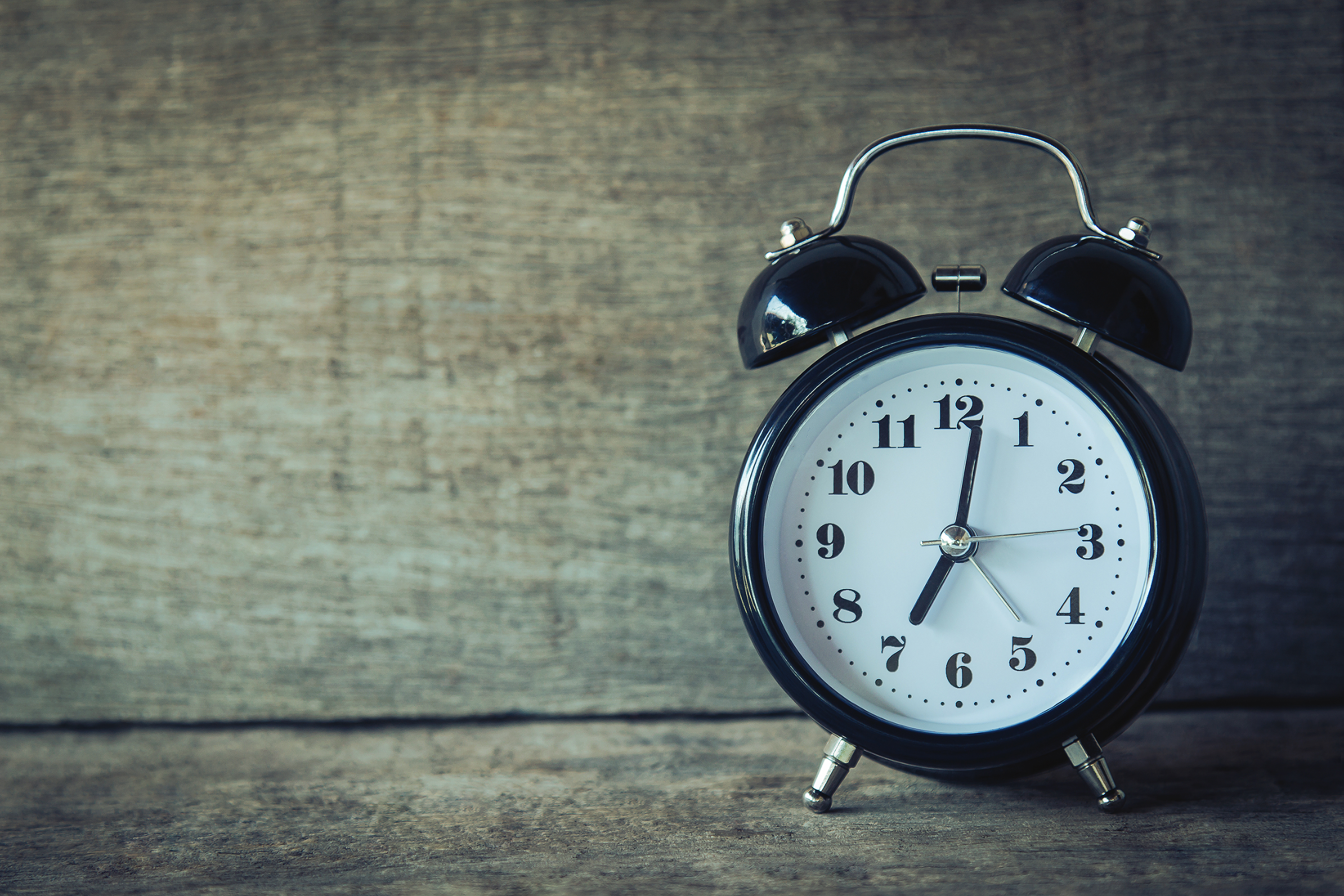This page covers the most frequently asked questions. We also have a glossary you can refer to. If you need further clarification then use the contact us page.We are aware that frequently asked questions will change over time, so please feel free to ask.
How long will it take to get into ketosis?
This will depend on several factors, a rough guide is 2 – 7 days, depending on your body type, what you’re eating and your activity levels.
You can measure if you’re in ketosis (producing ketones for fuel) in the following ways:

- Urine sticks: These are cheap and easy to use but not always accurate
- Blood ketone monitor: The ‘gold standard’ of ketone measuring but can be expensive and not everyone likes having to draw blood on a daily basis.
- Breath ketone meter: Initial outlay is expensive but these are accurate and easy to use.
Other signs you’re in ketosis may include:
- Increase in thirst
- Bad breath (due to you exhaling ketones in your breath)
- Weight loss and appetite suppression
- Short term fatigue progressing to increased energy, alertness and mental clarity.
What is keto ‘flu’?
Adapting to a ketogenic diet can make you feel like you have the flu. Symptoms such as fatigue, aches, dizziness and generally feeling bad are all common experiences. This is caused by carbohydrate restriction and the complex physiological changes your body undergoes when switching to using fat for fuel. Everyone reacts differently to this shift, some have no problems whereas others struggle for months only to quit before they can feel the benefits of a ketogenic diet.
Why am I always hungry?

As with any diet, it is really important that you listen to your own body. Not everyone feels hungry but those that have been restricting calories before do tend to report this is a side effect. A low-carbohydrate intake in conjunction with a low fat intake is by definition starvation. Don’t be afraid of eating fat until you are satiated. Fat bombs are your friends!
Also, you have to remember that there is a psychological effect. If you are new to a low-carb diet then your body is screaming out for carbohydrates. Sugar is an addictive substance, the good news is if you eat enough fat then this is short-lived.
How does your body get energy?
Its first preference is carbohydrate from the food we eat which is broken down into glucose. Then we’ll use stored glycogen (glycogen is stored glucose) In the absence of dietary carbs and once its burned though any glycogen stores our bodies will then use existing fat stores. Under normal circumstances, the body chooses that order because it’s the simplest and quickest way of getting energy.
Ketosis is the name of the metabolic process by which the body breaks down fat stores. Your body will remain in this state for as long as carbohydrates are restricted and there are no glycogen stores. This is an evolutionary advantage, providing the body with an alternative fuel source during times of food scarcity.
Isn’t dietary fat bad for you?
No! dietary fats are essential for good health but lets make a distinction between ‘good’ and ‘bad’ dietary fats. Good fats, also called healthy fats include:
- Saturated fats: Coconut oil, pili nuts, cacao butter
- Mono-unsaturated fats: Olives, avocado
- Poly-unsaturated fats: Flaxseed/linseed, chia seeds, sunflower seeds
These are an essential requirement for a healthy body. Your body requires these fats for many different biological functions.
On the other hand ‘bad fats’ also known as trans-fats, are fats that begin life as one type of fat and are chemically altered to become structurally different. They are shown to interfere with your insulin receptors and put you at risk of chronic diseases like heart disease and diabetes. Examples include:
- Canola Oil.
- Corn Oil.
- Soybean Oil.
- “Vegetable” oil.
- hydrogenated vegetable oils (found in margarine)
This mis-information around fats has been around for many years, thankfully the tides are turning.
Can I eat out on a ketogenic diet?
It is possible for you to eat out and maintain a ketogenic diet. Sometimes, it may take a little bit more planning but the challenges are not insurmountable.
Try and plan where you go in advance it’s much easier to plan your low-carb menu when you know where you’re going. Unless of course, you know you’re going to a low-carb restaurant. Research the menu, phone them up and asked to speak to the chef. When you know in advance what low-carb foods the restaurant offers it’s easier to stick to your low-carb plan.
When you go to a restaurant you are not familiar with, ask yourself a simple question. Would I eat this at home, low carb diet? If the answer is yes go ahead. Ask the staff to speak to the chef and asking if you can prepare the dishes you are thinking of. If all else fails, order a vegan burger without the bun and take some fat bombs with you.
Should I count calories on a Ketogenic diet?
You may have been told that counting calories is not necessary on a ketogenic diet. This is not strictly true. Naturally, you’ll probably eat less if you’re eating food that keeps you satiated, such as good fats and adequate protein. However, if you follow a ketogenic diet for weight loss you then you will be restricting your calories to force your body to burn its own existing fat stores (remember that the fat component of a ketogenic diet doesn’t need to come from your plate, it can come from your body if you have excess stores)
How much calorie counting and restricting differs depending on you individual gender, physiology, metabolism and weight. Its useful to use a keto calculator that estimates your daily calorie allowance based on your individual requirements.
Will I get enough nutrients As a Vegan?
There are several nutrients that are more difficult to get on a vegan diet. But as long as you consume a variety of leafy green vegetable, nuts/seeds and healthy fats you should minimise any shortfall. B12 can be difficult to source however the following vegan foods have high levels of this nutrient:
Shitake mushrooms: A daily intake of approximately 50gm of dried shiitake mushroom will meet the 2.4mg/day requirement of B12 for the average adult. Porcini mushrooms, parasol mushroom, oyster mushroom and black morel have trace amounts of B12 . The black trumpet and golden chanterelle contain higher levels of vitamin B12 (1.09-2.65 mg/100g dry weight)
Nori: Has high levels of B12 and low levels of carbohydrate, perfect for a ketogenic diet
Depending on your protein needs, you’ll most likely need to use a protein powder. There are many debates (and much research) about how much people actually need. Read the “Getting Started” guide for information on how to calculate this.
Will I get enough nutrients Eating low carb?
Your body needs fats and proteins but you don’t need carbs to survive. Carbohydrates are classed as ‘non-essential’, your body can make its own glucose when required. Having said that if you had no carbs at all then you would feel lacking in energy and listless. Cutting carbs without increasing fat is basically starvation, so you need to increase your dietary intake of fats to compensate. You need to ensure that the carbohydrate foods you do eat come from nutrient dense foods such as green leafy vegetables, seeds and nuts.
Are ketogenic diets meant just for weight loss?
No. There can be many health benefits to eating a ketogenic diet. There is strong evidence supporting the use of ketogenic diets in the treatment of diabetes type 2, obesity and childhood epilepsy. There is emerging evidence in using a ketogenic diet for conditions such as neurodegenerative conditions, autism, cancer and mood disorders. To eat a ketogenic diet is to eat an anti-inflammatory diet, there is a lot of anecdotal evidence showing improvement in conditions such as chronic arthritis and inflammatory bowel conditions.
Can I Reduce Carbs Gradually
Yes! You can absolutely reduce your carbohydrate intake over several weeks. Aim to reduce sugars, grains, pulses and processed foods over a 2-4 week period. This will minimise any unpleasant side-effects. There are those who prefer an all or nothing approach but whilst it will take longer to get into ketosis the gradual approach is often much easier to deal with.
Is vegan and low carbohydrate even possible?
Yes, it is, both Kathy and I, eat a low-carbohydrate diet every day. I aim at under 20g of carbohydrate per day and Kathy aims at under 30g.However, I won’t lie, it is harder to do so as a vegan than a carnivore, the reason being it takes more planning! You have to adapt some of your recipes or follow the recipes here we have already adapted.
Do I Need to Drink More Water When In Ketosis?
You will probably be more thirsty once you go into ketosis as you have less body fluid available. You need a large amount of water to be able to store carbohydrates, but when these carbs are burned for fuel this water becomes available to relieve dehydration. Once you have achieved ketosis then you have not got access to these water stores. Therefore you need to drink more water to compensate.
In conclusion, Keto FAQ’s can’t answer everything. If you have any further questions please use the contact page


Hi Jane, thank YOU for taking the time to look around. 🙂 If you have any queries or requests for vegan keto recipes, please ask. We are developing new recipes and open to suggestions!